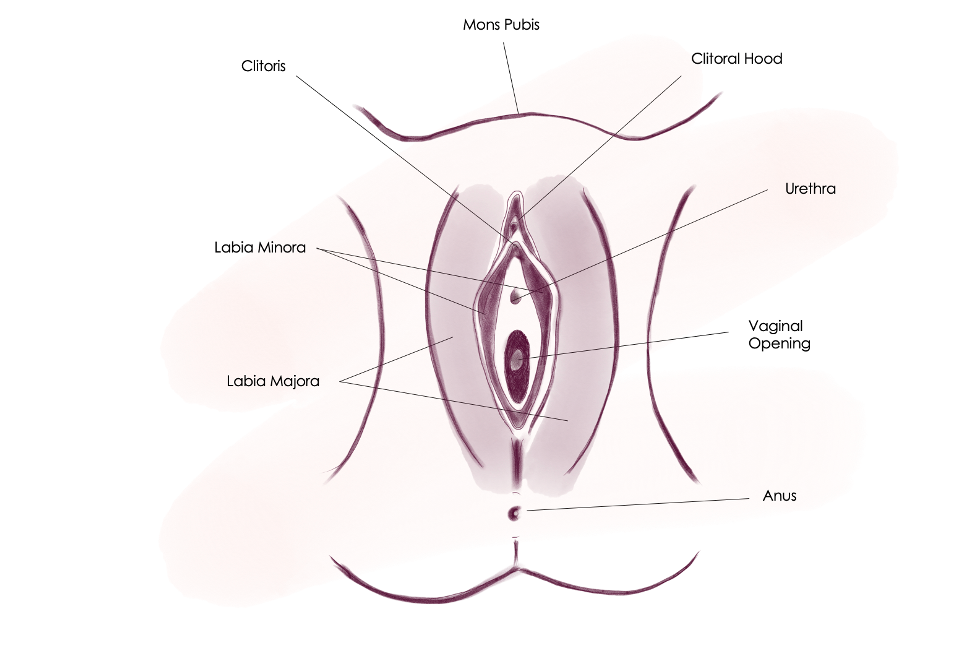Does The Pill change your brain?
- Sara Harris

- Mar 10, 2022
- 3 min read
Updated: Aug 19, 2023
Natural reproductive function involves specific areas of the brain and delicate, precise communication via hormones with the reproductive organs. This feedback mechanism involves the hypothalamus, the pituitary gland and the ovaries, otherwise known as the HPO axis. It is via this process that hormones are made, particularly oestrogen and progesterone, both of which have significant roles to play when it comes to reproductive health but also when it comes to bone health, heart health, mental health, metabolism, immune health…and the list goes on. In fact they contribute to over 400 physiological functions in the body. Something that many women may not realise. And particularly those who are on hormonal birth control!
When taking hormonal birth control, namely The Pill, which is a combined oral contraceptive pill used for contraception and also medically for some women’s health conditions, the HPO axis is switched off. This means that you are not making oestrogen and progesterone and therefore they are not contributing to the 400+ physiological functions that they would otherwise support with. This is huge and perhaps we really don’t know the full impact of shutting these hormones down, yet there is some evidence to show that there are certainly impacts on various parts of the body along with other symptoms and conditions that appear to be strongly correlated with pill use.
In this article, let’s focus on the effect that the pill has on the brain. There is not a lot of study in this area unfortunately. However, one study found that the hypothalamus (responsible for regulating appetite, body temperature, emotions; and also provides a link between the nervous system and endocrine system) was reduced in size in pill taking women. This makes sense, seeing as the pill is rendering the hypothalamus obsolete when it comes to making sex hormones. So, what effect does this have on women?
Again, there needs to be more quality science to understand the full impact, however the researchers did find that a smaller hypothalamus is associated with increased anger and risk of depression.
Given that 150 million women worldwide are taking the pill, and have been for the past 60 years, it would seem imperative that research in this area is undertaken as a matter of urgency.
Your natural progesterone has a very important role to play in the development of the brain’s calming neurotransmitters (in the brain) – when taking the pill, this process is significantly interrupted because of the lack of natural progesterone. The synthetic version, called a progestin, does not function in the same way.
Another recent study from the University of Ottawa, looked at the stress response difference between women who had taken the pill in adolescence and continued taking it and those who started taking it in adulthood. This difference points to the potential harm that the pill is having on the developing brain in adolescence – these women were found to have a ‘blunted stress response’ meaning they did not react to stressors like the other women did, who started taking the pill in adulthood.
Overall, in this study they found that “oral contraceptive use is related to significant structural changes in brain regions implicated in memory and emotional processing. It also alters stress reactivity”
It is not uncommon for women to develop mood related disorders whilst taking the pill and following taking the pill. This was evidenced in the million women study in 2016 from Denmark, where a very strong correlation was found linking the risk of depression, anxiety and even suicide to pill and other hormonal contraceptive use.
All in all, there is growing evidence to suggest that the use of the pill and other contraceptives is having a significant effect on women’s brains and this deserves much more research. However, this is also incredibly evident when simply speaking to women themselves about their experiences and the changes they feel whilst on and off the pill. And in terms of adolescent girls, putting them on the pill is potentially causing harm and having long-term impacts on brain development, something that should be strongly considered and researched before they take these drugs.
This is only one aspect of the impact of hormonal birth control…and an incredibly significant and important one at that.
FURTHER RESOURCES
Related Blogs:
Looking for support on understanding contraceptive options?
Book a FREE 15 minute consult with Sara to find out more.





Comments